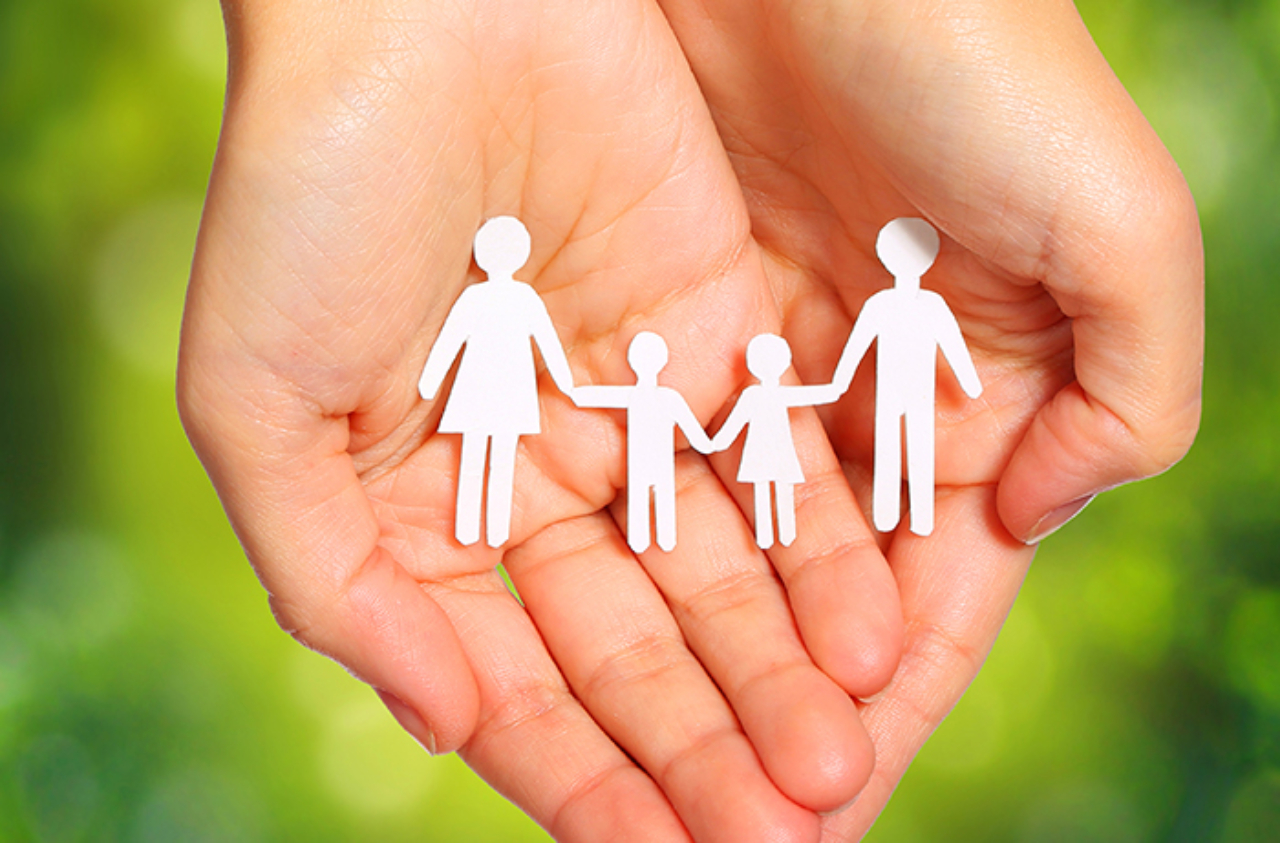Family dynamics can be both beautiful and complicated. They shape our lives and often serve as the foundation of our identities. However, within the intricate web of family relationships, there can be moments that shake us to the core. These moments, when we witness disturbing behavior from a family member, can leave lasting impressions on our hearts and minds.
Disturbing Incidents within Families
When we think about disturbing behaviors, we often picture situations that challenge our beliefs about our loved ones. These incidents can range from minor disagreements to acts that deeply unsettle us. In the following sections, I will share two personal stories that shed light on the subject.
Personal Story 1: An Unsettling Discovery
One evening, while searching for a book in my sibling’s room, I stumbled upon a hidden diary. Curiosity got the better of me, and I opened it. What I found inside shook me to the core. The diary contained graphic descriptions of harmful behaviors my sibling had engaged in. The shock and disbelief overwhelmed me, leaving me uncertain about how to process this newfound knowledge.
Personal Story 2: A Betrayal of Trust
In another instance, a close family member whom I deeply admired and trusted revealed a dark secret. This revelation shattered my perception of their character and left me grappling with a sense of betrayal. The emotional impact was overwhelming, and I struggled to come to terms with the new reality before me.
Psychological Factors behind Disturbing Behaviors
Understanding the underlying psychological factors that contribute to disturbing behaviors within families is crucial. Often, individuals who engage in such actions may be dealing with unresolved trauma, mental health issues, or deeply ingrained patterns of behavior.
These disturbing behaviors can manifest as a result of a range of psychological factors, such as unresolved anger, untreated mental illnesses, or even a distorted sense of control. It’s important to approach these situations with empathy and consider seeking professional help for both the individual exhibiting such behavior and the family as a whole.
Societal Influence and Cultural Context
Disturbing behaviors within families can also be influenced by broader societal factors and cultural contexts. Social pressures, unrealistic expectations, and the normalization of certain behaviors can all contribute to distressing actions within familial relationships.
For instance, in some cultures, certain practices or beliefs may perpetuate toxic dynamics within families. These cultural norms, although deeply rooted, can be challenged and changed through education, open dialogue, and promoting healthier alternatives.
Complexities of Family Dynamics
Family dynamics are complex and multifaceted. They are shaped by various factors, including individual personalities, past experiences, and the interplay of different relationships within the family unit. Sometimes, unresolved conflicts, power imbalances, or deeply ingrained patterns of behavior can lead to disturbing actions.
It is crucial to recognize that family dynamics are not solely defined by these disturbing incidents. There are often moments of love, support, and growth that coexist alongside the challenges. By addressing and understanding the complexities of family dynamics, we can strive to foster healthier relationships and prevent the perpetuation of disturbing behaviors.
Dealing with the Impact
Experiencing disturbing behaviors within the family can have a profound impact on our emotional well-being. It is essential to prioritize self-care and seek support from trusted friends, therapists, or support groups. Sharing our experiences with empathetic listeners can provide validation and help us process the range of emotions that arise from such incidents.
Engaging in activities that promote healing, such as journaling, practicing mindfulness, or engaging in creative outlets, can also be beneficial during this time. Remember that healing is a personal journey, and it’s important to be patient with yourself as you navigate the aftermath of these experiences.
Rebuilding Trust and Relationships
Rebuilding trust after experiencing disturbing incidents within the family can be a challenging process. It requires open communication, vulnerability, and a commitment to growth and change. In some cases, professional mediation or therapy may be helpful in facilitating this healing process.
Reconciliation and forgiveness are deeply personal decisions. While forgiveness does not necessarily mean forgetting or condoning the actions, it can free us from the burden of resentment and allow space for personal growth. Rebuilding relationships requires effort from all parties involved, and it’s essential to establish healthy boundaries and maintain open lines of communication.
Conclusion
Witnessing disturbing behaviors within our families can shake us to our core and challenge our perceptions of our loved ones. It is important to remember that these incidents do not define the entirety of our family relationships. By understanding the psychological factors, societal influences, and complexities of family dynamics, we can navigate these experiences with compassion and work towards healing and growth.
Reflecting on our own experiences and sharing them with others who have faced similar challenges can provide solace and reassurance that we are not alone. Let us strive to promote healthier family dynamics, encourage open dialogue, and support each other on the journey towards healing.






